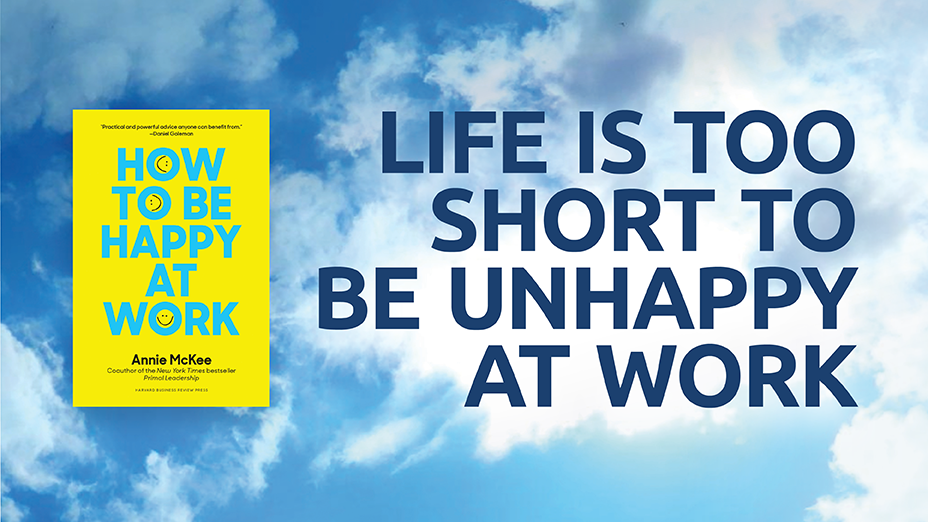Over the past 30 years, I've watched plenty of friends, colleagues and clients get burned out at work, and I've experienced my own share of it. I've recently come to the conclusion that there are different reasons for burning out, and that someone's personality and worldview probably influence what their reasons are. More important, I can't help but think that if we understand what is driving our potential burn-out, we might have a better chance of addressing it.
Here are the five reasons, as I see them.
If we understand what is driving our potential burn-out, we might have a better chance of addressing it.
1. The "Work Is My Identity" Mentality
Some people launch themselves into burn-out because they define themselves based on the work they do. Their jobs are their personas, and so it only makes sense that they fill their lives with as much of it as possible. People in high-profile positions in business find themselves constantly traveling and working weekends—even unexcited to go home at the end of a day, because work is where they feel most valued and capable. These people often complain about working so hard, but in reality, they take on more because they aren't sure what else they would do.
2. The "In-The-Moment Pleaser" Mentality
Some people just can't say 'no,' or more accurately, love the feeling of saying 'yes.' They want the person standing in front of them to thank them for agreeing to do whatever is being asked of them, and they are extremely reluctant to disappoint in the moment. These people are not necessarily hyper-responsible or guilt-ridden; once they've agreed to do something and received the immediate reward, they often regret having been so amenable. It really is a matter of wanting to enjoy the immediate gratitude of pleasing someone by saying 'yes.'
3. The "Helper" Mentality
Some people say 'yes' not because of the desire to please someone in the moment, but because they really feel compelled to help others over the longer term. These are the classic pleasers, and there is a saintly quality to them. However, sometimes they are simply incapable of disappointing others, even when disappointment is necessary, or even beneficial. Like the "in-the-moment pleaser," the "helper" needs to better understand their internal psychological economics and get better at calculating the true costs and benefits of saying 'yes.'
4. The "Escapist" Mentality
Other people burn out because they use work to distract themselves from bigger issues in their lives. They come up with every reason to do more at work, not only to avoid going home but to stay busy enough to prevent themselves from slowing down to think about the issues that are most important. For these people, weekends and holidays are particularly difficult as it deprives them of their productive distraction.
5. The "Depression Era" Mentality
Finally, some people take on more and more work because they are afraid that if they say 'no,' there may never come another opportunity again. This happens to service providers and consultants who feel compelled to accept every client and every project and squirrel away the revenue for the inevitable, rainy, flood-ridden day. For people with this mentality, the idea of turning away any opportunity raises great anxiety, and the future possibility of regret.
I suppose there is a sixth type of burn-out—people who have to work to provide for the basic needs of their family. Working two jobs or two shifts a day is a reality for these people. I didn't include them here because their challenge is not a function of their mentality, per se, but rather their situation.
Every one of these different causes of burn-out is potentially painful, and all people who are experiencing burn-out need compassion, empathy and encouragement to reestablish balance in their lives. However, if we don't understand the underlying causes, it is difficult to provide the help that people need.





.png)

.jpg)


What Did You Think?